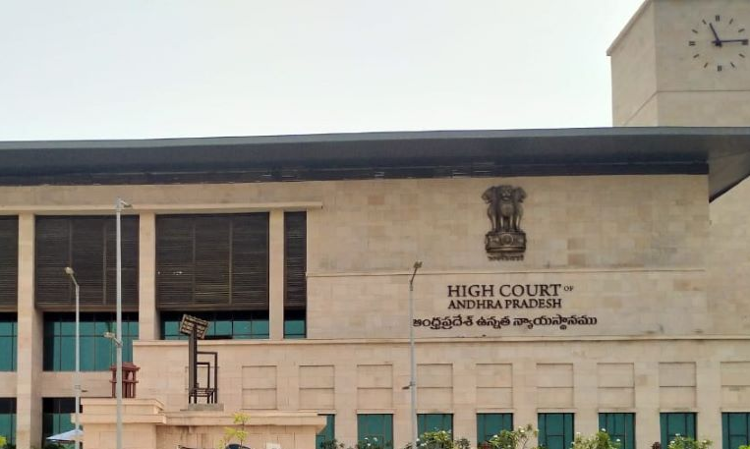In a recent case, the Andhra Pradesh High Court reiterated that the personal appearance of the accused at the stage of examination under Section 251 CrPC is not required.The single bench of Justice K. Sreenivasa Reddy opined that in a summons case, when the accused is brought before the magistrate, Section 251,CrPC requires that the accused be informed of the offence and asked to plead guilty...

